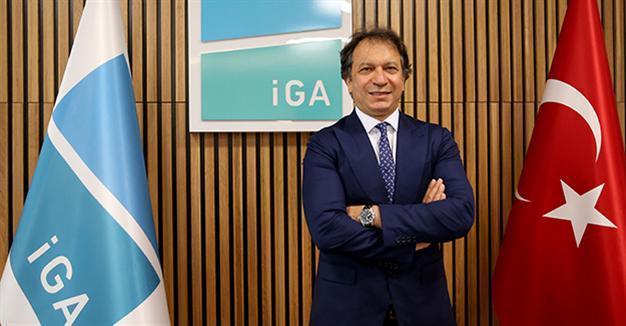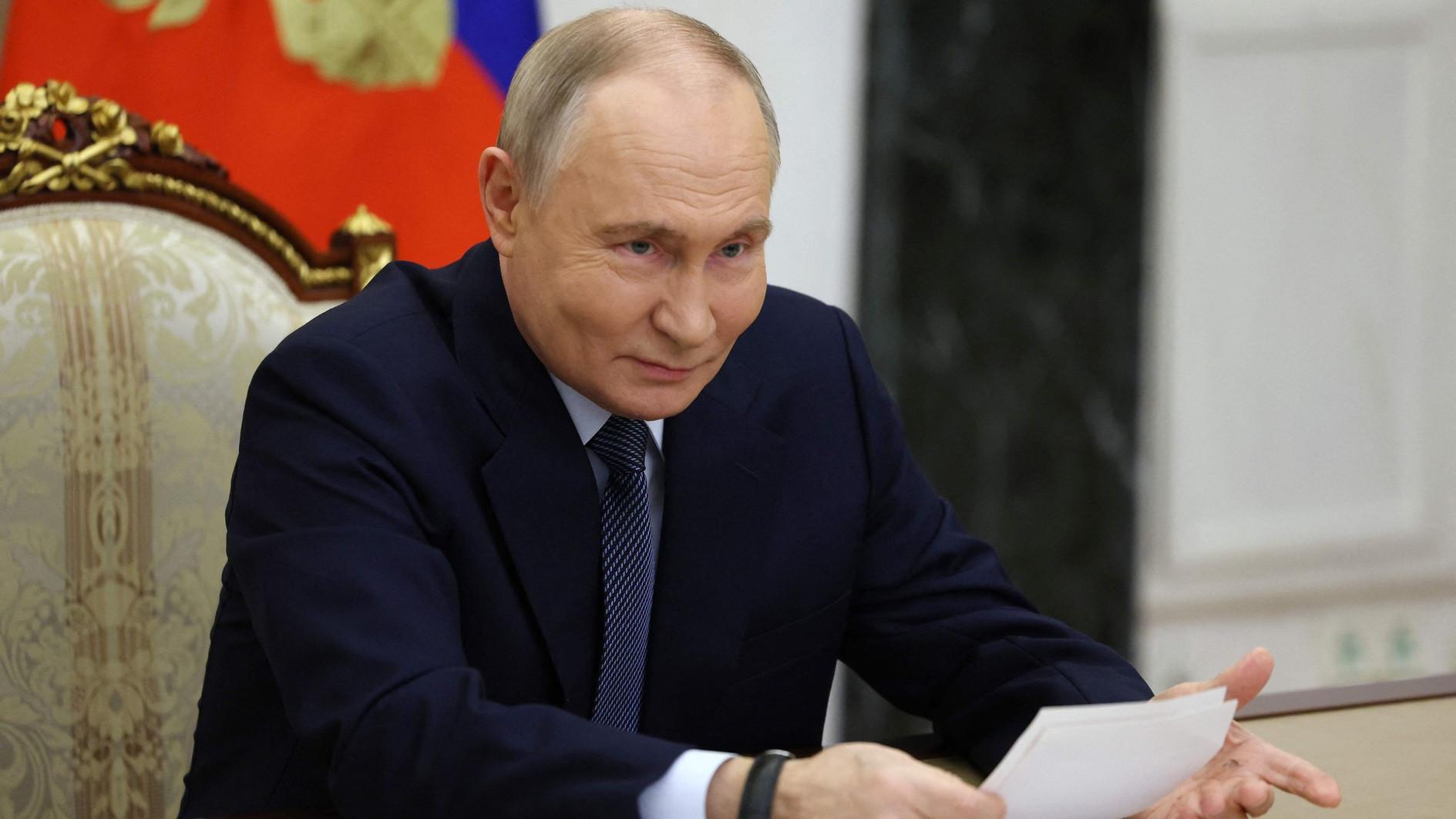Bird migration ‘not a problem’ for Istanbul’s third airport
ISTANBUL – Anadolu Agency
 Birds will not be a safety hazard for Istanbul’s controversial third airport, a senior executive has assured, amid widespread criticism that the airport is located along a key migratory route.
Birds will not be a safety hazard for Istanbul’s controversial third airport, a senior executive has assured, amid widespread criticism that the airport is located along a key migratory route. “Istanbul’s new airport is special for being the only airport where extensive data gathering and planning were made and where a bird radar system was established even before construction work had begun,” Yusuf Akçayoğlu, the chief executive of the Istanbul Grand Airport (IGA) consortium, a company founded in 2013 to construct and operate the city’s third airport for the next 25 years, told Turkey’s state-run Anadolu Agency.
Underlining that the first person to be hired for the airport was an environment director, Akçayoğlu said ornithologists had gathered data across four observation stations by scanning an area of some 12 kilometers since 2014 – a first in the country’s history.
“We established an administrative unit on wildlife. We are the first and only airport to establish this unit at the construction phase. Some six ornithologists work at IGA’s wildlife administration unit,” the CEO said, adding their sensitivity on the issue did not arise from risks but out of concern for the environment.
“We are considering how we can manage air operations with maximum efficiency and minimum losses,” he said, underlining “the issue of birds is only as big of a problem here as it is anywhere in the world.”
He also said a total 15 million euros would be spent on the environment and on birds over the first phase of the project.
The new under-construction airport in Istanbul will begin operations in 2018 with two runways and one terminal, and it is expected to reach a capacity of 150 million passengers after the completion of two more runways and additional facilities.
The IGA consortium, which won a tender in 2013 to build Istanbul’s new airport, inked a loan agreement on Oct. 19, 2015, with six banks, namely state-run Halkbank, Ziraat Bankası and Vakıfbank as well as foreign-financed Turkish banks DenizBank, Garanti Bankası and Finansbank, to provide a sum of 4.5 billion euros for the first leg of the project.
















